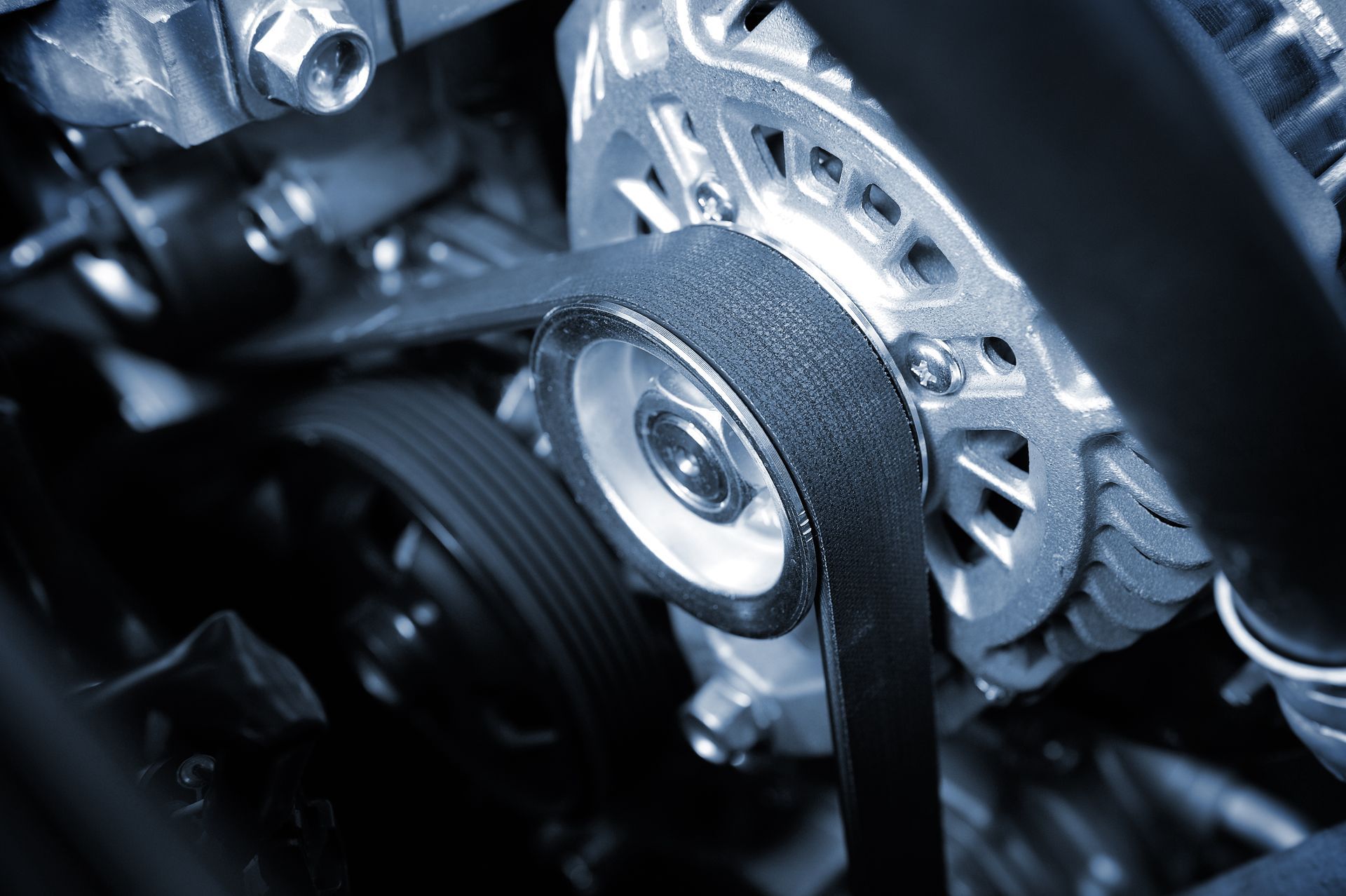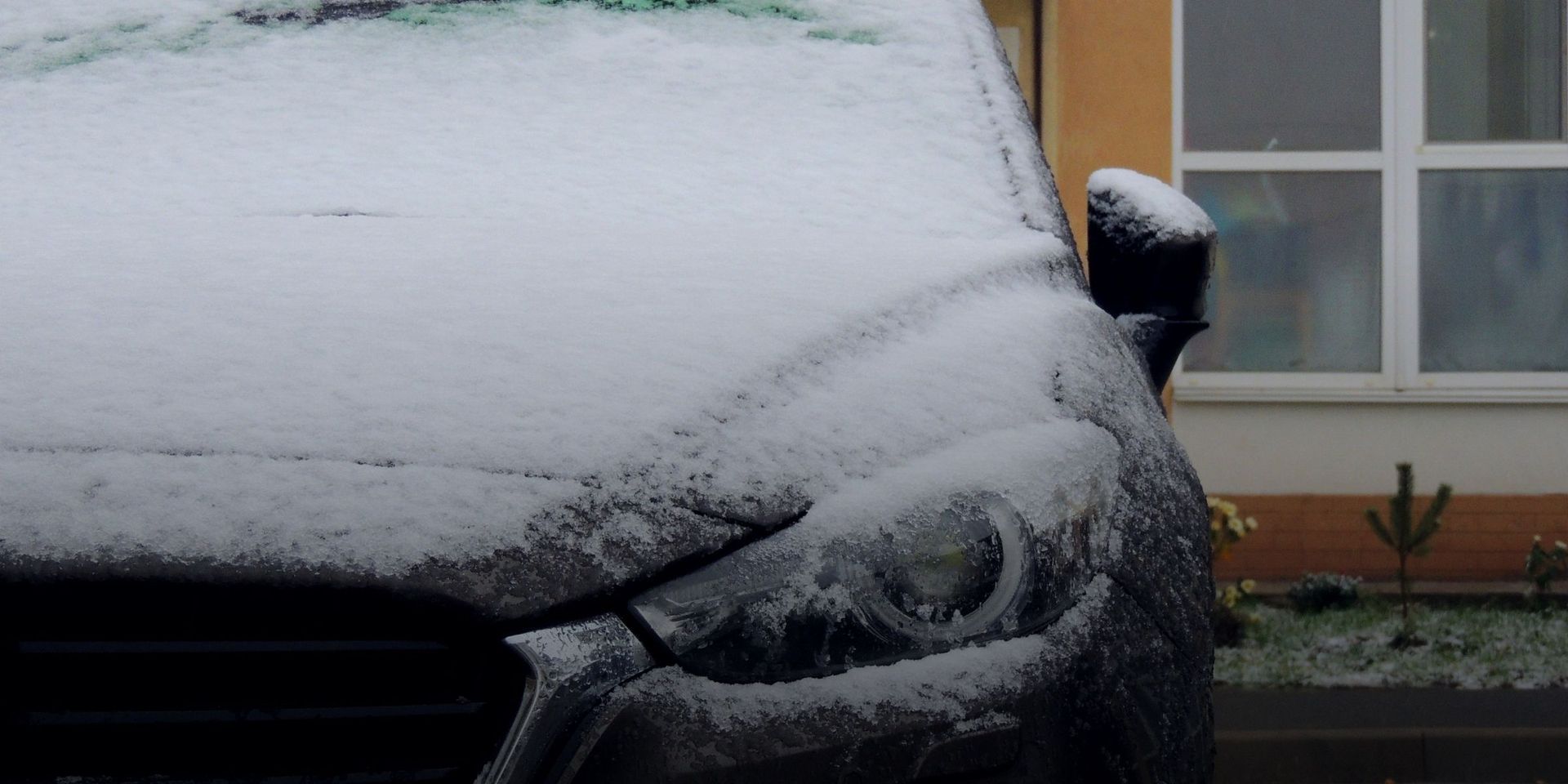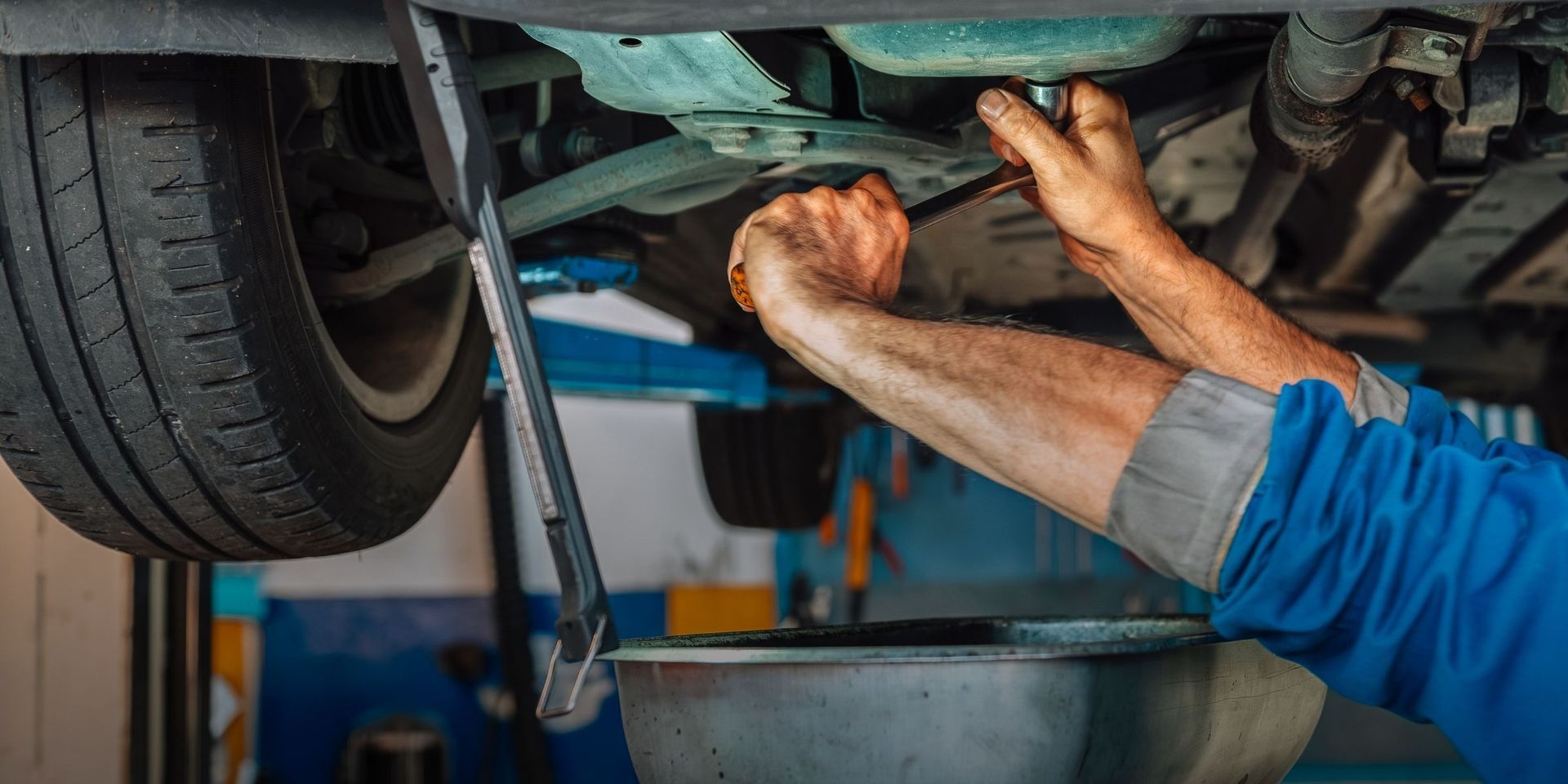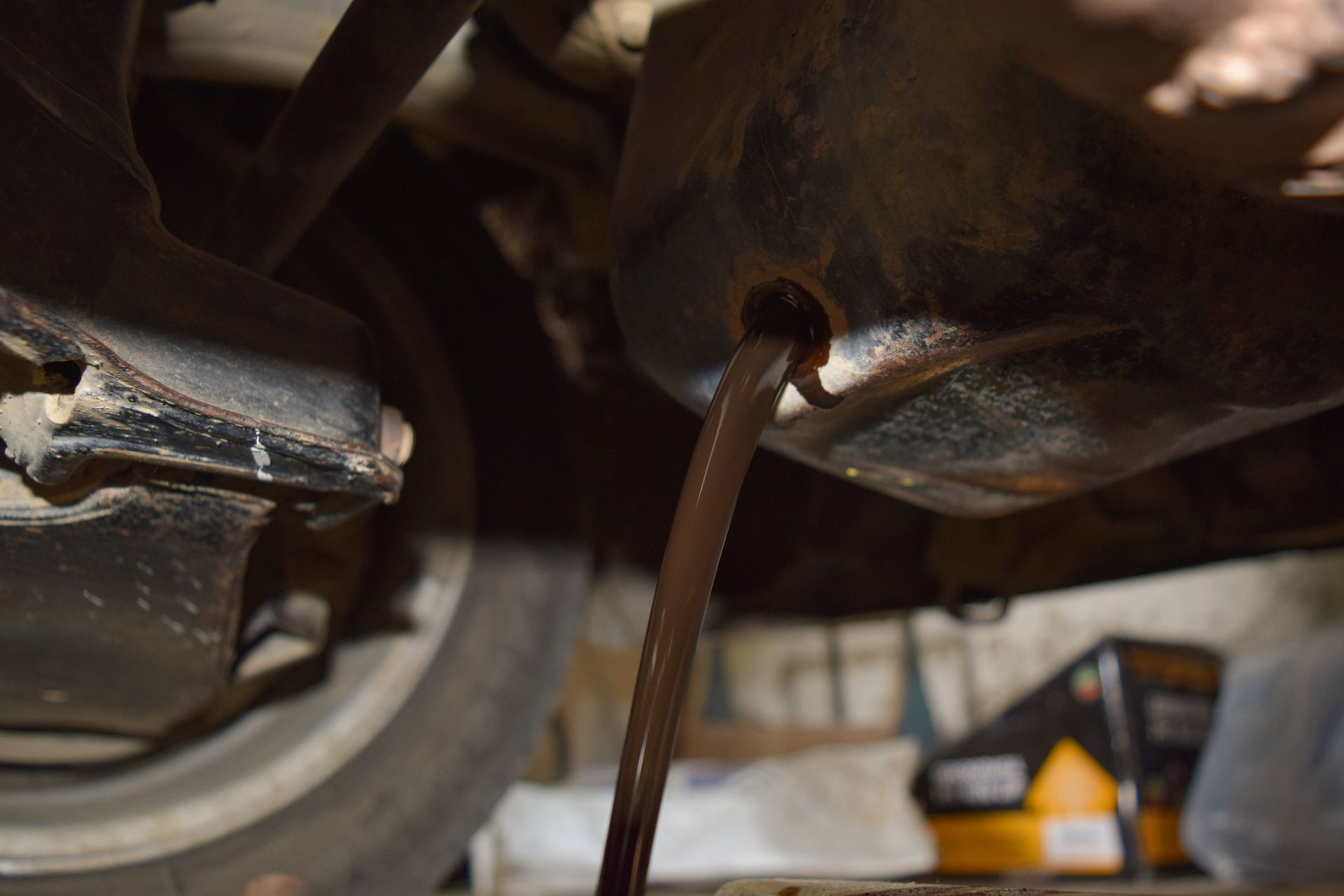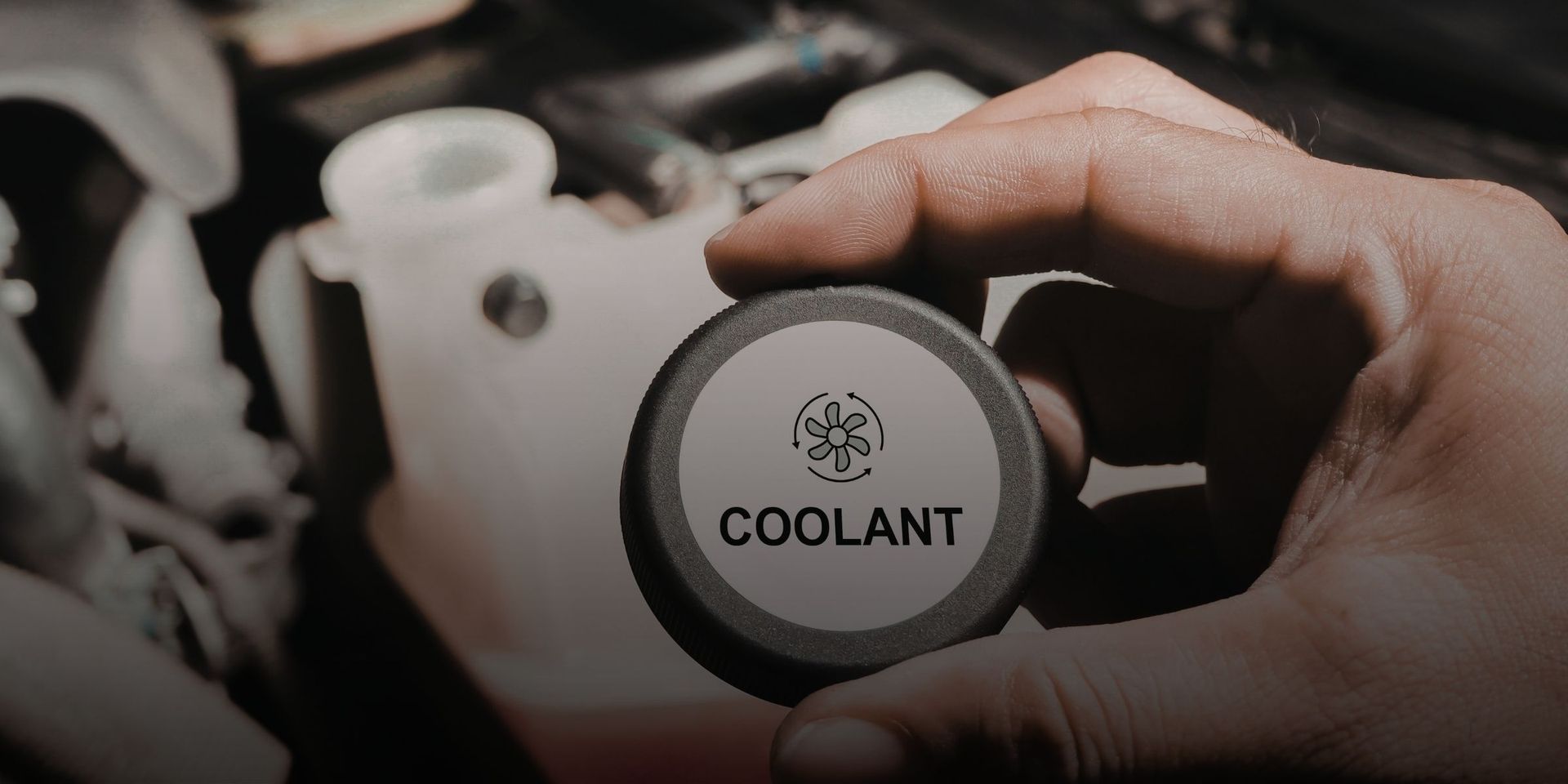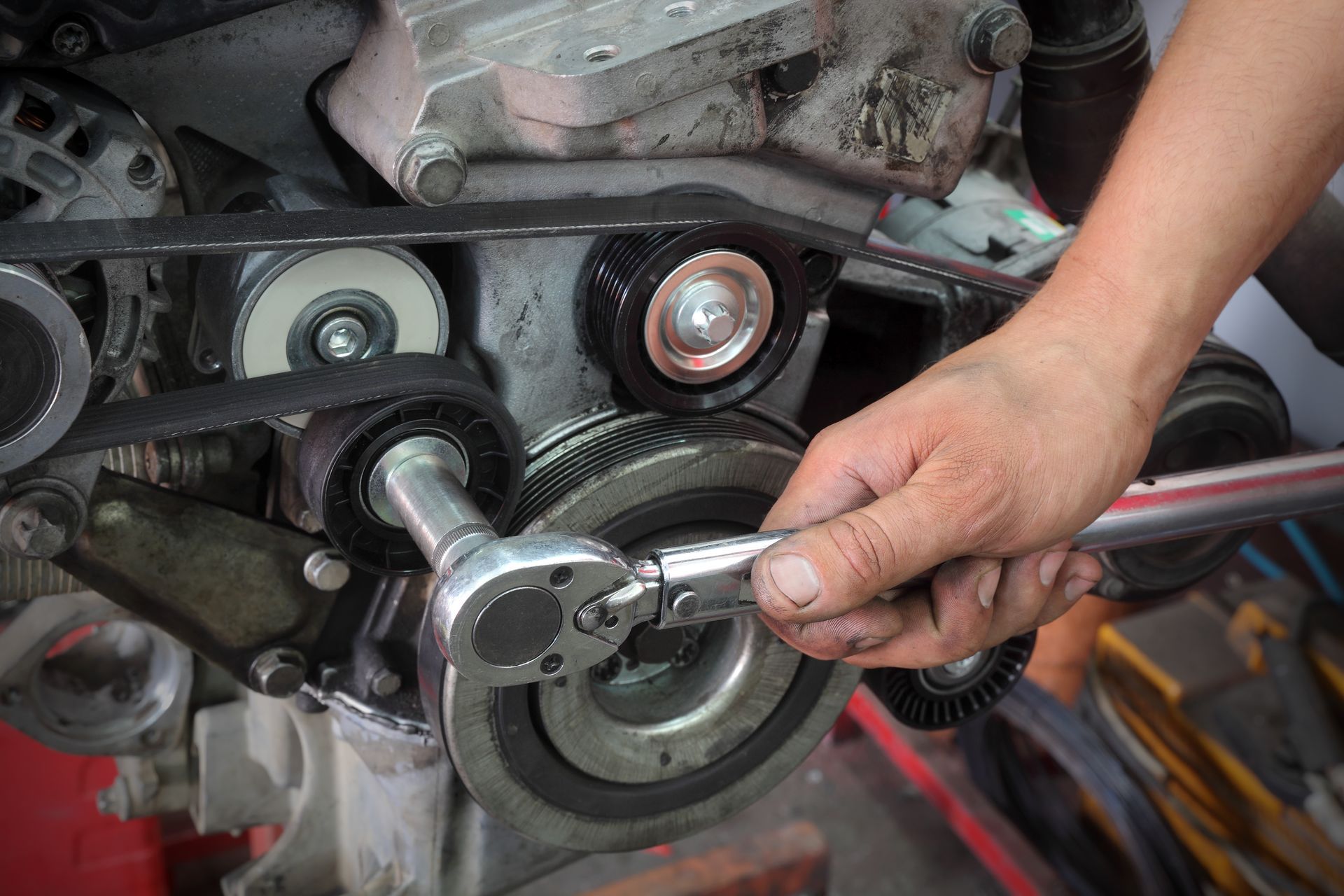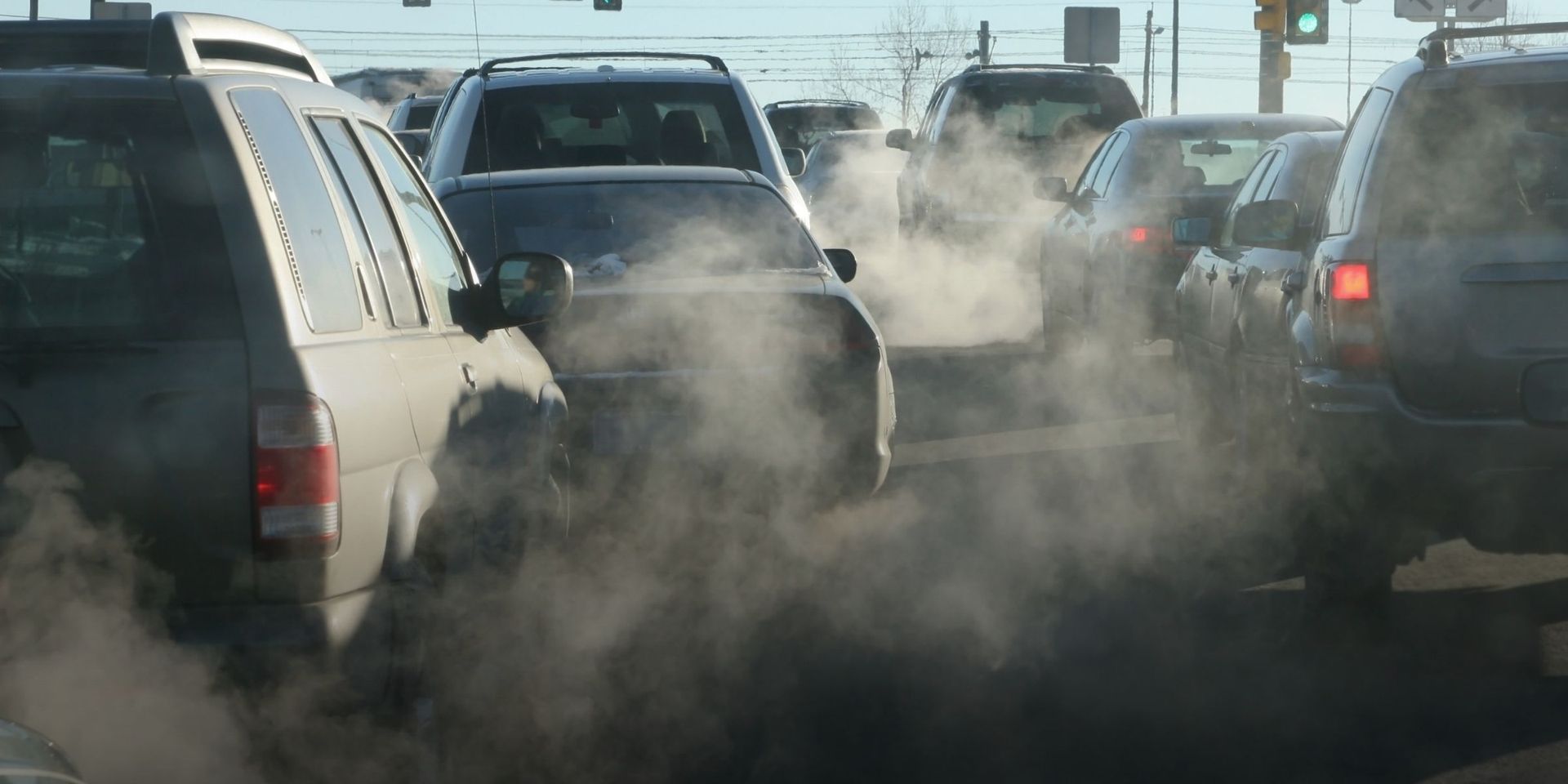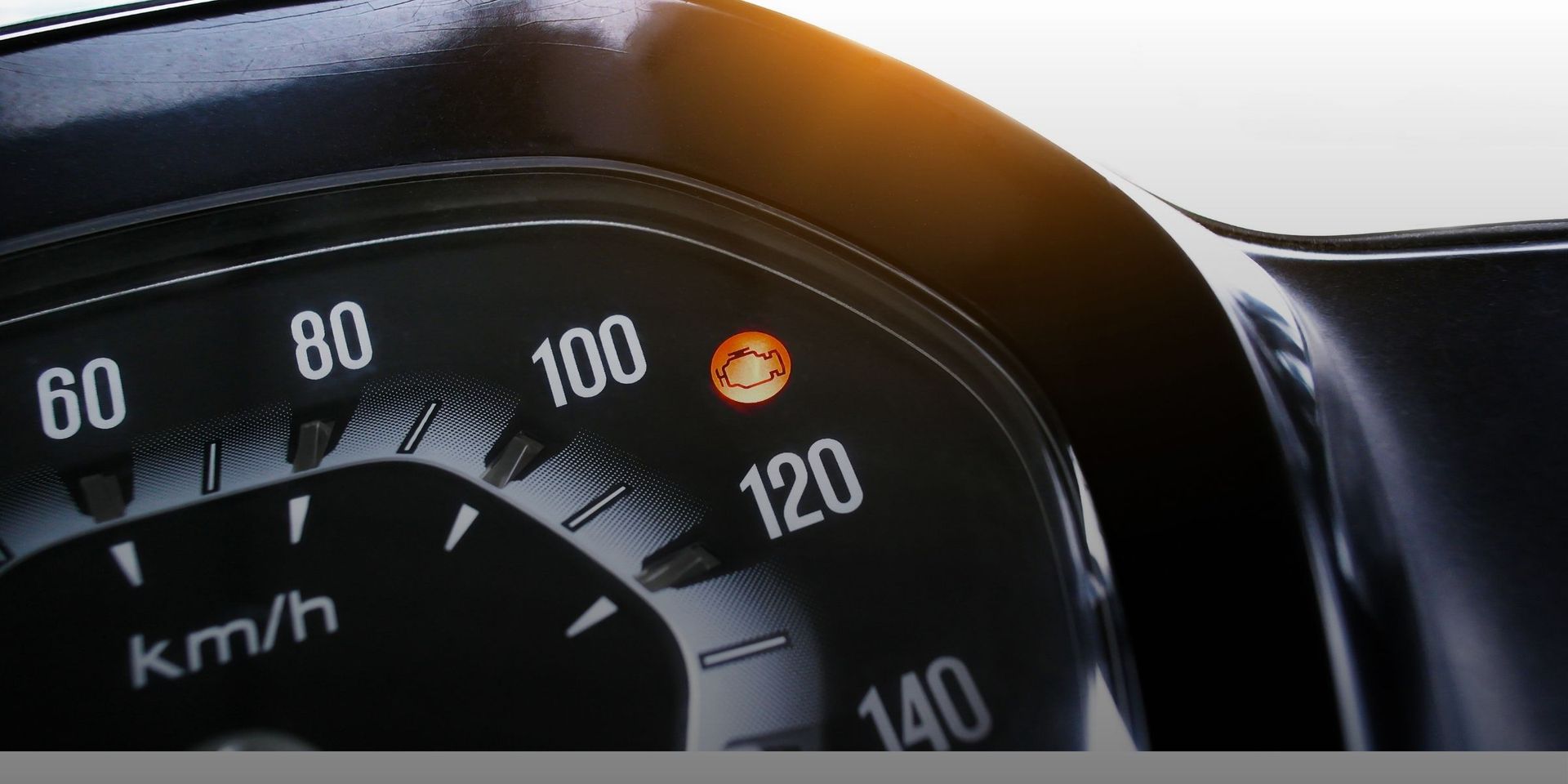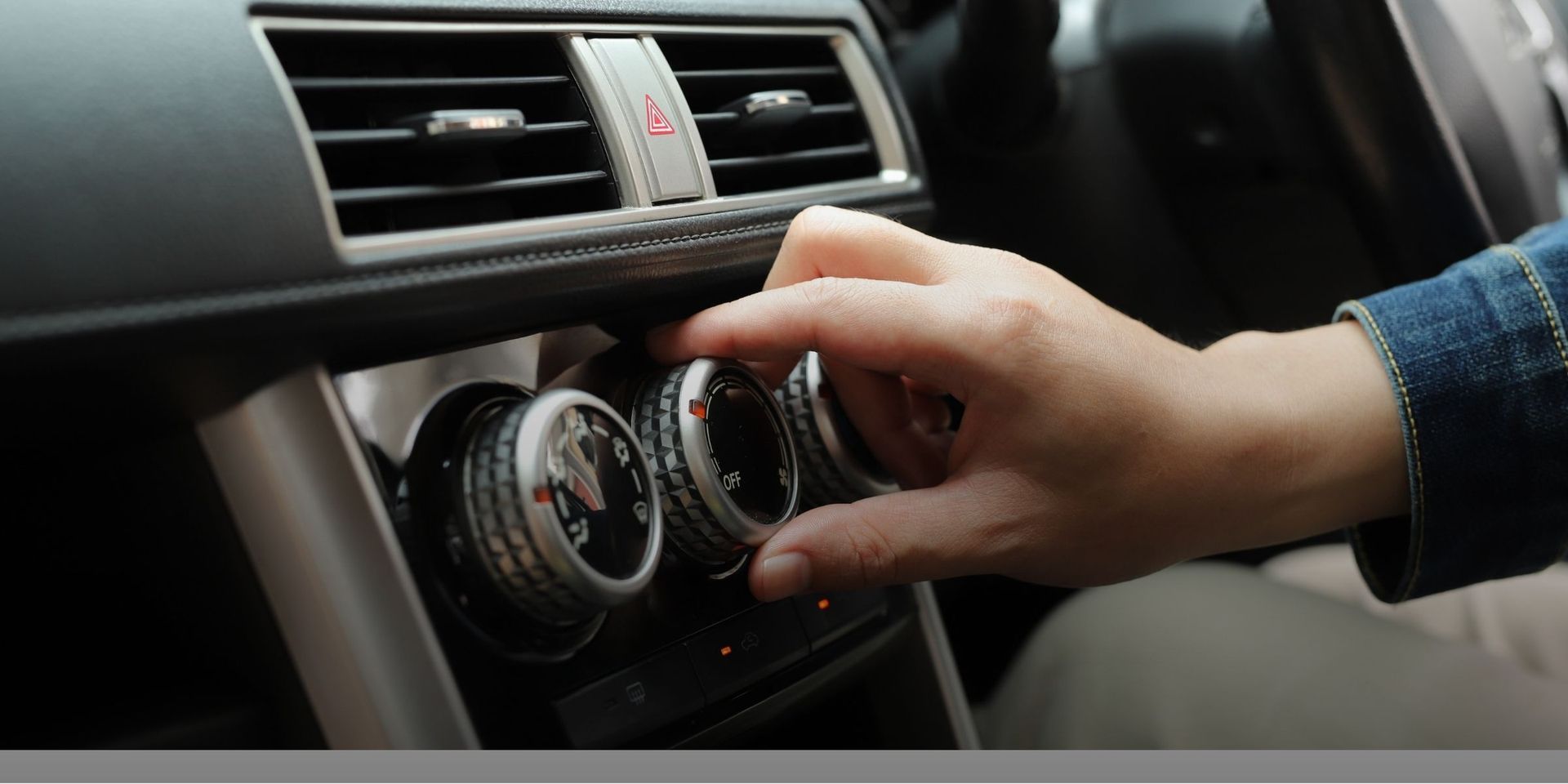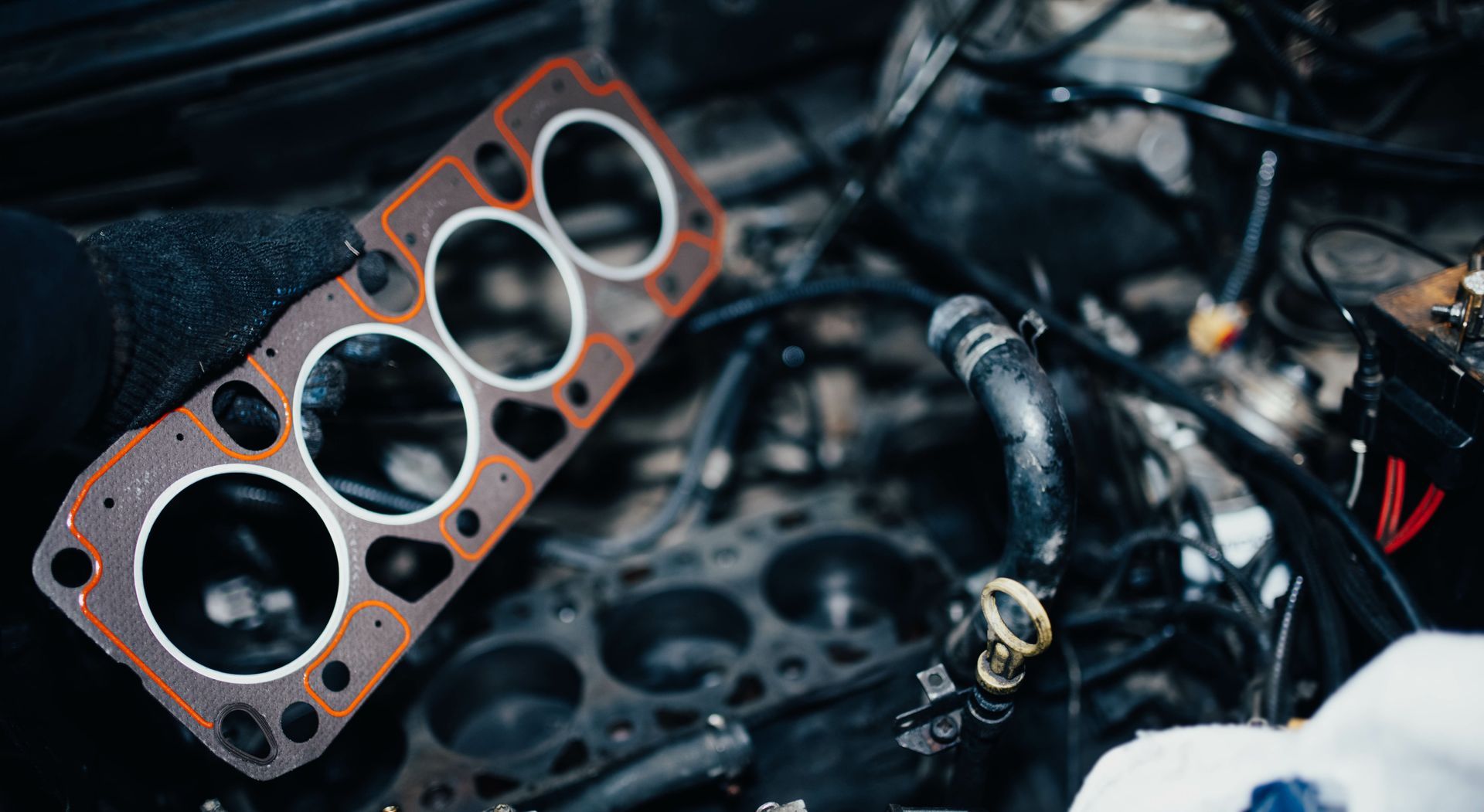Hearing a knocking sound coming from your engine can be alarming and for good reason. While some car noises are harmless, engine knocks are often a sign of a serious problem that needs immediate attention. Ignoring these sounds can lead to severe engine damage and costly repairs. Understanding what causes engine knocking and how to address it early can help keep your car running smoothly and protect your investment.
What Is Engine Knock
Engine knock, also called "detonation" or "pinging," refers to an uncontrolled explosion of fuel in the engine cylinder. Instead of a smooth, controlled burn initiated by the spark plug, the air-fuel mixture ignites unevenly, causing shockwaves that create a knocking or pinging noise.
This can occur under various conditions, including high engine loads, acceleration, or even at idle, depending on the specific cause.
Common Causes of Engine Knocking
Low-Quality or Incorrect Fuel
Using fuel with a lower octane rating than recommended for your vehicle can cause knocking. Higher-compression engines need higher-octane fuel to prevent premature ignition.
If you’ve recently switched to a cheaper fuel or filled up at a questionable gas station, the knock may be caused by improper fuel quality.
Incorrect Air-Fuel Mixture
An incorrect air-to-fuel ratio can cause the engine to run "lean" (too much air, not enough fuel), which leads to higher combustion temperatures and knocking. Problems with the fuel injectors, mass airflow sensor, or oxygen sensors can all affect this balance.
Carbon Deposits
Over time, carbon deposits can build up on the cylinder walls, valves, and pistons. These deposits reduce the combustion chamber volume and increase compression, making knocking more likely.
Worn Engine Bearings
If the knocking noise is deeper and more rhythmic, it might not be a classic knock but rather a rod knock, which is caused by worn-out engine bearings. This type of noise is more serious and often requires immediate engine inspection and repair to prevent catastrophic failure.
Other Possible Causes
Knocking sounds can also result from problems like faulty spark plugs, incorrect ignition timing, or worn-out timing components. While these issues might be less severe than bearing failure, they still need prompt attention to avoid further engine damage.
Ignoring Engine Knock Is Dangerous
Ignoring engine knocking is risky. Continued detonation causes extreme heat and pressure inside the cylinders, which can lead to damaged pistons, cracked cylinder heads, or even complete engine failure.
If the knock is from worn bearings, waiting too long can result in a thrown rod, which may destroy the engine block and make repairs extremely expensive or even impossible.
What You Should Do When Engine Knocking Occurs
If you hear a knocking sound, stop driving as soon as it’s safe to do so. Check your fuel — if you recently used a lower-octane gasoline, consider switching back to the recommended type and see if the noise subsides.
If the knock persists, have your vehicle inspected by a professional immediately. Continuing to drive with this issue can cause permanent damage that could have been avoided with early intervention.
Regular Maintenance Helps Prevent Knocking
Routine maintenance, including using the correct fuel, replacing spark plugs on schedule, and keeping fuel and air filters clean, helps prevent many causes of engine knock.
Periodic fuel system cleaning can also reduce carbon buildup and help maintain optimal combustion conditions.
Trust America’s Service Station in Alpharetta, GA
When it comes to engine noises, it’s always better to be safe than sorry. At America’s Service Station in Alpharetta, GA, our expert technicians are equipped to diagnose and repair engine knocking before it turns into a major problem. We’ll pinpoint the exact cause, provide clear recommendations, and get you back on the road confidently and safely.
Schedule an inspection with us today and protect your engine from costly damage.

